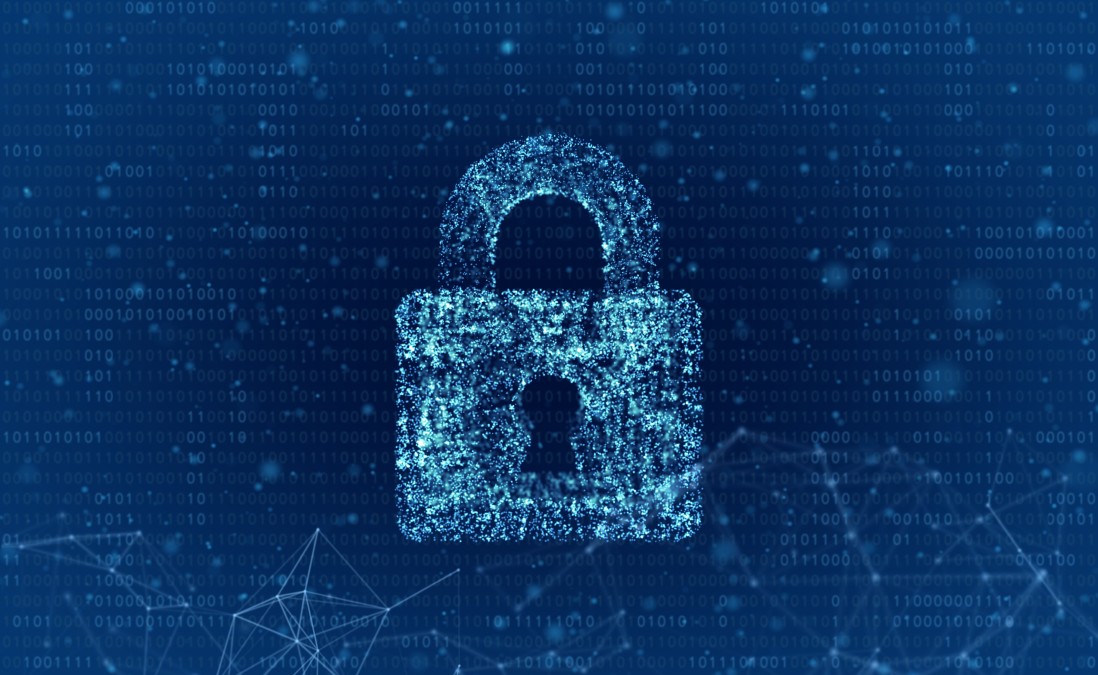The center stage of contemporary political debates seems dominated by questions of economics and entitlements, as though government’s role is to simply decide which levers to pull and how far. Were Americans better educated in the history and philosophy of the U.S. Constitution, we might be better equipped for this discussion. Regrettably, our culture has largely relegated the Constitution to the realm of patriotic folklore, denying most Americans the intellectual tools for understanding our own institutions and political principles.
Sometime between the Civil War and the New Deal, the federal government as protector was refashioned into government as provider. The Constitution seemed to transform from a contract of limited powers to an open-ended guarantee of “general welfare.” In effect, this left our founding documents increasingly irrelevant to modern concerns.
But in recent years, a new emphasis on constitutional principles has emerged in legal and academic circles, despite the fact that calls for a return to core principles are quickly branded by many in our universities as a radical threat to progress.
Thus, in our educational system today, the Constitution is suffering an identity crisis. Is it about principles or politics? Can we discuss its meaning and implications without picking ideological sides? In order to teach the Constitution without controversy, we empty it of substance and wedge it into a broader historical narrative—a narrative that focuses more on our movements away from the Constitution than what it originally was, and what it stands for on its own.
Found at the core of the United States Constitution is a philosophy of life, nature and justice, which suggests that people and their communities flourish when government is restrained, and its public roles are firm but few. As such, the Constitution exceeds the function of a traditional legal document, as a symbol and repository of the principles that led not only to a great nation, but also to a vast expansion of liberty, prosperity and civic virtue across the globe.
In the summer of 1787, the now-lauded “father of the Constitution,” James Madison, arrived in Philadelphia to address an impending crisis. At the time, his fledgling confederacy was tearing at the seams, and promises embedded in the Declaration of Independence were under threat of oblivion. While he knew that a stronger central government was necessary, the idea of vastly curtailing state power was fraught with challenges. Even if the Constitutional Convention could agree on such a proposition, would the people reject it? If ratified, could a national government resist implosion due to tyranny or growing factions?
From the outset, Madison and 54 of his fellow delegates sought to reconcile two seemingly incompatible goals: securing the “blessings of liberty” while simultaneously constructing a “Supreme Law of the Land.” Borrowing from the lessons of the Athenian democracy, Roman Senate, British Common Law, and most importantly their own local experience, the founders produced a Constitution that would revolutionize the modern world.
This unprecedented system unleashed the power of individual innovation, commercial expansion and civil participation unlike anything seen in history. The United States became a land of opportunity, where a person’s future is not bound by the status of his or her birth. Furthermore, the values engrained in America’s constitutional heritage have guided us in foreign relations, so that increased global leadership has led to greater liberty, equality and economic development for hundreds of millions beyond our borders.
On Constitution Day, we should remember that one cannot understand the United States—its character, behavior and unique role in the world—without first understanding the principles upon which it was founded. And while these principles can be reached in philosophical and even theological contexts, the circumstances and personalities of the American founding are critical to understanding our founding documents.
With all of this in view, it is tragic that the U.S. has done so poor a job of educating its citizens in this foundational story. This is not to say citizens do not value the Constitution, or have a general grasp of the main characters and their fight for freedom. But in far too many circles, promoting “freedom” tends to carry more military baggage than aspirations of a greater purpose. Far too few Americans can express just what this freedom entails, and how our founders sought to protect it. The Constitution is, to many, a mere political document from the 18th century.
As a result, a large portion of the American electorate does not share the founders’ healthy skepticism toward centralized power. In a time of slow economic recovery, they welcome ideas for social engineering, viewing the federal government as the proper and capable instrument of such change. This is a bad omen for the future of the United States, and its effects are already evident.
A woman is said to have approached Benjamin Franklin after the signing of the Constitution to ask him what kind of government the Convention had given us. “A republic, ma’am,” was his reply, adding “if you can keep it.” From Abraham Lincoln to Martin Luther King to Ronald Reagan, many have kept it. Each of them shared a deep conviction for America’s founding principles and the deep responsibility each generation has to preserve and promote them. All of us—and not only our leaders—should remember that government of the people, by the people and for the people requires that the people themselves have the historical and theoretical tools to evaluate ideas and make wise judgments in light of the challenges of liberty and order. For when that ends, so too does the City on a Hill.



